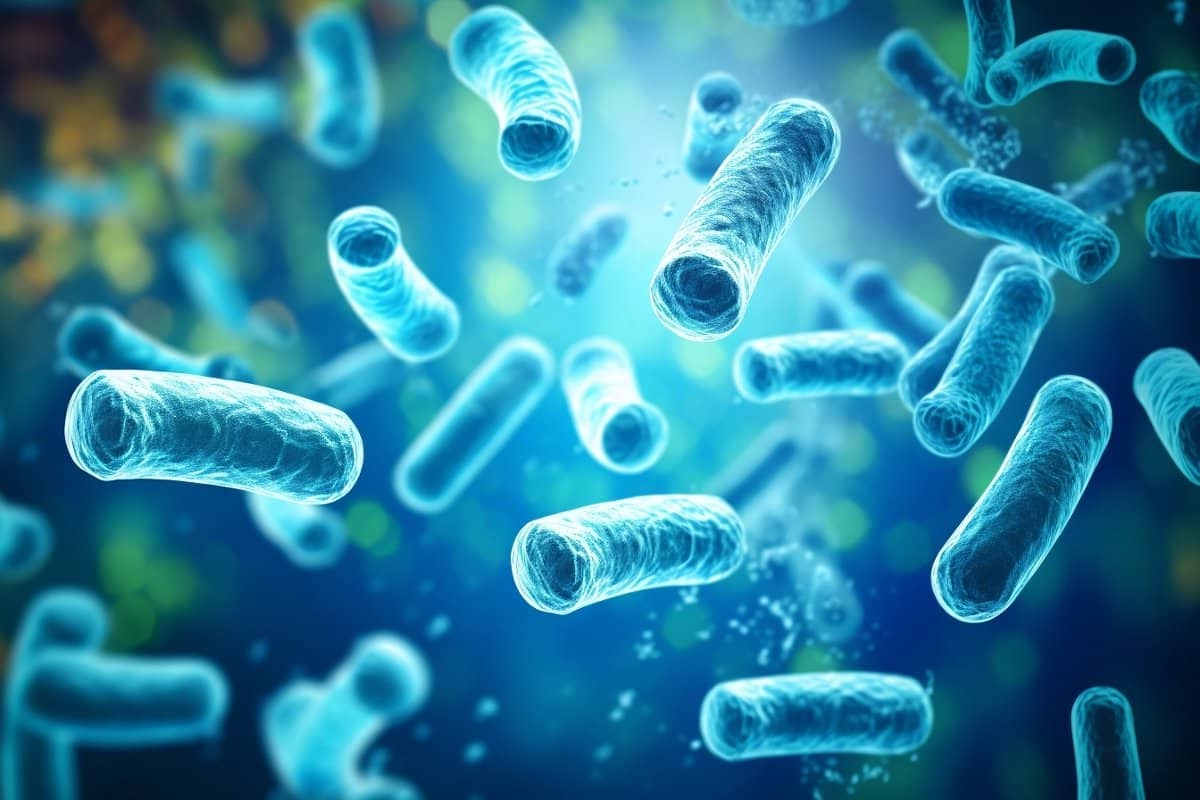
Lactobacillus is a type of bacteria that plays a crucial role in our health. Found in yogurt, cheese, and other fermented foods, these friendly microbes help maintain a balanced gut. But what exactly makes them so special? Lactobacillus aids digestion, boosts the immune system, and even fights off harmful bacteria. They produce lactic acid, which helps preserve food and gives it that tangy taste. These bacteria are also used in probiotics, which can improve gut health and overall well-being. Want to know more about these tiny powerhouses? Here are 19 fascinating facts about Lactobacillus that will surprise you!
Key Takeaways:
- Lactobacillus, a helpful bacteria, supports digestion, boosts the immune system, and can be found in yogurt, sauerkraut, and kefir. It's like a superhero for your gut!
- Lactobacillus is a key player in women's health, preventing infections and supporting vaginal health. It's like a protective shield for the female body!
What is Lactobacillus?
Lactobacillus is a type of bacteria that plays a crucial role in human health. Found in various parts of the body, it helps maintain a balanced microbiome.
- Lactobacillus is a genus of bacteria known for converting sugars into lactic acid.
- These bacteria are commonly found in the human gut, mouth, and female reproductive system.
- Lactobacillus helps maintain a healthy balance of bacteria in the gut, preventing harmful bacteria from taking over.
Health Benefits of Lactobacillus
Lactobacillus offers numerous health benefits, making it a popular ingredient in probiotics and fermented foods.
- Consuming Lactobacillus can improve digestion and reduce symptoms of irritable bowel syndrome (IBS).
- These bacteria can boost the immune system by enhancing the body's natural defenses.
- Lactobacillus has been shown to reduce the severity and duration of diarrhea, especially in children.
- Some studies suggest that Lactobacillus can help lower cholesterol levels, promoting heart health.
Lactobacillus in Fermented Foods
Fermented foods are a rich source of Lactobacillus, contributing to their health benefits and unique flavors.
- Yogurt is one of the most well-known sources of Lactobacillus, often containing multiple strains of the bacteria.
- Sauerkraut, a fermented cabbage dish, is another excellent source of Lactobacillus.
- Kimchi, a spicy Korean fermented vegetable dish, is packed with Lactobacillus and other beneficial bacteria.
- Kefir, a fermented milk drink, contains a diverse range of Lactobacillus strains.
Lactobacillus and Women's Health
Lactobacillus plays a significant role in maintaining women's health, particularly in the reproductive system.
- These bacteria help maintain a healthy vaginal microbiome, preventing infections like bacterial vaginosis and yeast infections.
- Lactobacillus can reduce the risk of urinary tract infections (UTIs) by preventing harmful bacteria from adhering to the urinary tract walls.
- Some studies suggest that Lactobacillus may help alleviate symptoms of menopause, such as hot flashes and vaginal dryness.
Lactobacillus in Probiotics
Probiotic supplements often contain Lactobacillus due to its numerous health benefits.
- Probiotics with Lactobacillus can help restore the natural balance of bacteria in the gut after antibiotic treatment.
- These supplements can also improve mental health by reducing symptoms of anxiety and depression.
- Lactobacillus-containing probiotics may aid in weight loss by promoting a healthy metabolism.
Interesting Facts about Lactobacillus
Lactobacillus has some fascinating characteristics that make it unique among bacteria.
- Some strains of Lactobacillus can survive in extremely acidic environments, such as the stomach.
- These bacteria can produce antimicrobial substances that inhibit the growth of harmful bacteria and fungi.
The Power of Lactobacillus
Lactobacillus plays a crucial role in maintaining gut health. These beneficial bacteria help digest food, absorb nutrients, and fend off harmful pathogens. Including foods rich in lactobacillus, like yogurt, kefir, and sauerkraut, can boost your digestive system and overall well-being.
Probiotics, which contain lactobacillus, can also support immune function and may even improve mental health by influencing the gut-brain axis. Regular consumption of these friendly bacteria can lead to a healthier, happier life.
Understanding the importance of lactobacillus and incorporating it into your diet can make a significant difference. Whether through supplements or fermented foods, ensuring a steady intake of these probiotics is a simple yet effective way to enhance your health. So, next time you’re at the grocery store, consider picking up some lactobacillus-rich foods and give your gut the support it deserves.
Frequently Asked Questions
Was this page helpful?
Our commitment to delivering trustworthy and engaging content is at the heart of what we do. Each fact on our site is contributed by real users like you, bringing a wealth of diverse insights and information. To ensure the highest standards of accuracy and reliability, our dedicated editors meticulously review each submission. This process guarantees that the facts we share are not only fascinating but also credible. Trust in our commitment to quality and authenticity as you explore and learn with us.
